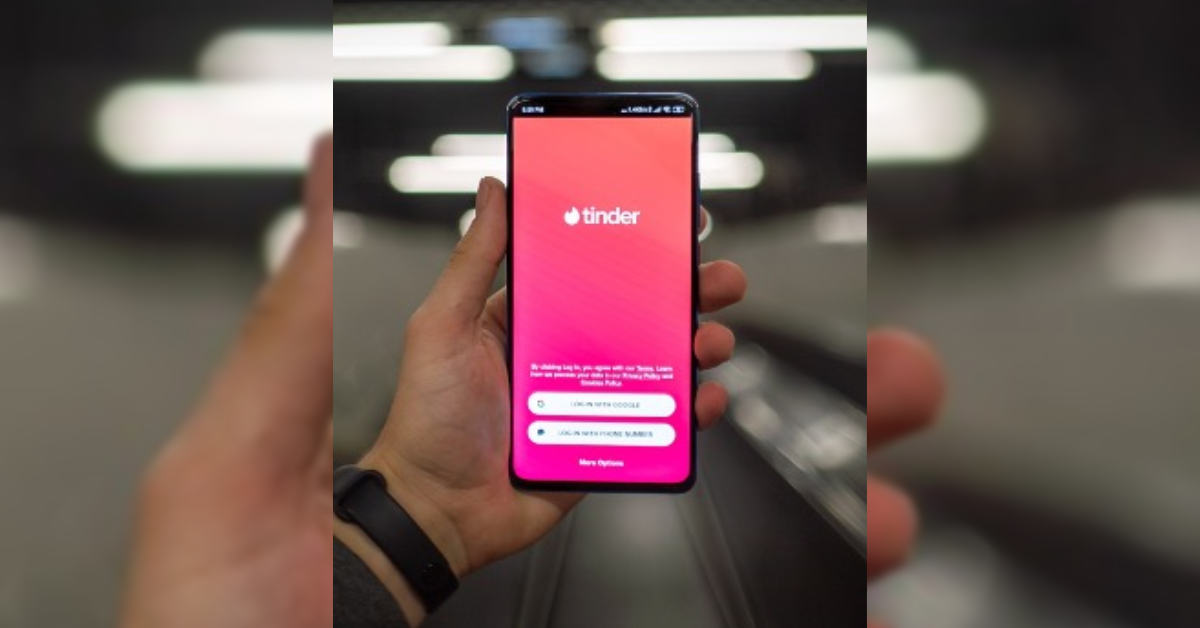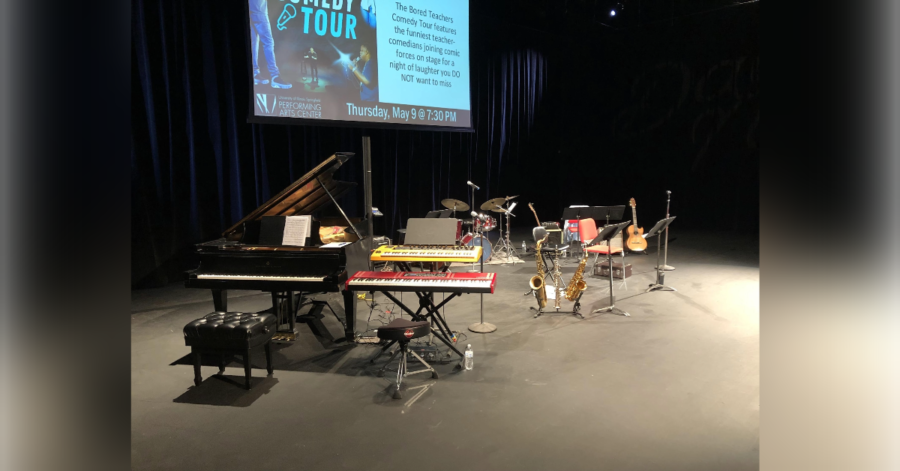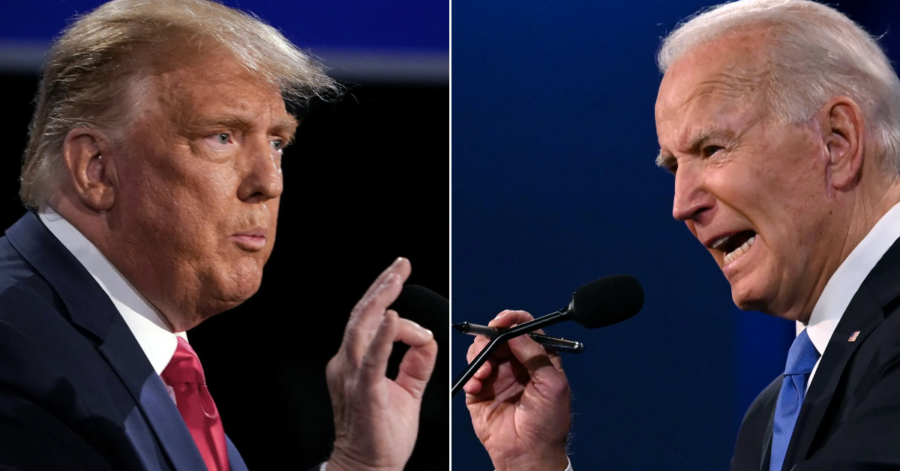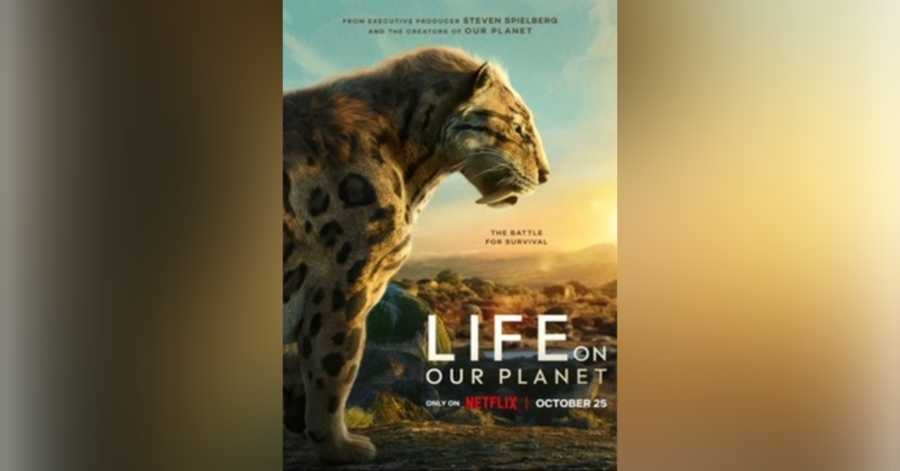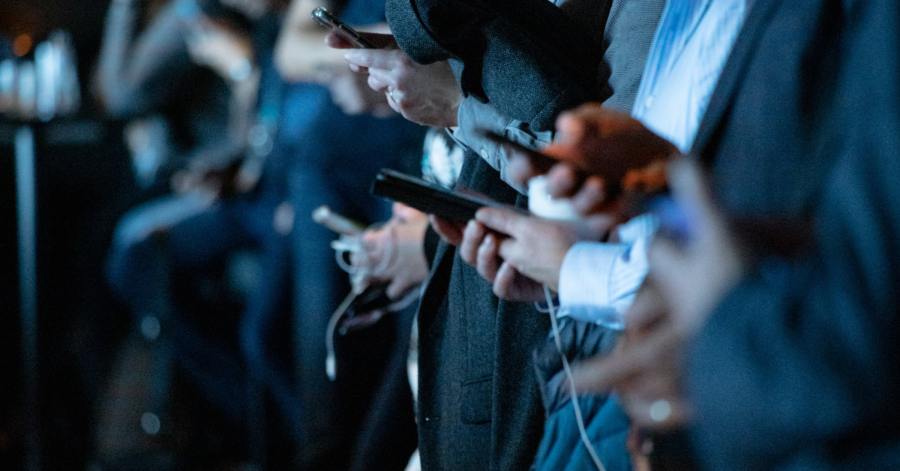As a college student in a committed relationship, I have had the pleasure of watching my friends explore the campus dating scene. With the invention of dating apps, the already prevalent hookup culture on college campuses has exploded. Casual relationships are not a recent invention and have been a near quintessential aspect of the “college experience,” but dating apps have revolutionized the process by which those experiences are formed. The roots of hookup culture on college campuses are rooted in feminism; questions have emerged about whether the current dating state reflects the sexual liberation that feminism encourages.
There is no denying that casual relationships are prevalent among university students. According to a study by the American Psychological Association, 60-80% of college students in the United States have had a hookup encounter. The same study found that most hookups occur at parties or other social gatherings – with alcohol often playing a role in facilitating these experiences. While there is nothing intrinsically wrong with this, the context in which hookups happen is of more concern. Sexual encounters that involve drinking often have ethical questions regarding consent. Casual relationships, as a whole, have concerns about the social and emotional implications. Since the dating scene exists mainly in an online space, there are concerns about catfishing, sexual harassment, unsolicited explicit imagery, and an inability to have emotional intimacy.
Additionally, the digitization of dating has dramatically changed both normative expectations of dating and the expectations surrounding hook-up culture. A study titled Swiping More, Committing Less examines college students’ attitudes toward dating. They found a positive correlation between dating app success and infidelity, suggesting that partnerships formed via a dating app are more likely to experience cheating. Additionally, dating apps can lead to a sense of romantic burnout for people, where lack of success causes people to lose hope in romantic success. An anonymous UIS student stated, “I think that dating apps force me to judge people simply based on their appearance when I’m actually someone who is attracted to a vibe or personality to the point that I don’t take anyone on apps seriously… I never use dating apps to find a connection anyways; I use them for fun.” Forcing people to value appearances over personality is excellent for casual intimacy but does not bode well for establishing a meaningful connection.
While these situations can be potentially dangerous due to the environment of these encounters, there is something to be said about the roots of sexual liberation. Hookup culture is rooted in the sexual freedom of women and the ability to explore sexuality in an open space. Casual sex can be empowering, encouraging people to explore their preferences and identity in a casual space. Furthermore, hookup culture can be a way to form connections while removing the pressures and conformity of traditional dating.
When approaching hookup culture, the question is whether we advocate changing the system or trying to create an alternative dating scene. Social media imitates and distorts reality, which means that dating apps reflect a population – but not in the most real sense. As with any social media, consumers view and participate in an embellished social sphere that only shows a person’s most attractive aspects. Social media has never claimed to be a healthy space, and that idea should be stretched to include dating apps. However, with the majority of a community participating in dating only through the internet, it is hard to branch away from that space.
What alternatives do students have? The best option for people is to search within their communities – whether within an academic club, gym, or party – for someone they are attracted to. By networking through friends, dating becomes safer since people can vet potential partners through their friends rather than through a screen. Universities could also explore implementing educational programming that discusses consent in a virtual space, as well as offering resources to students who have had negative experiences due to using dating apps.

